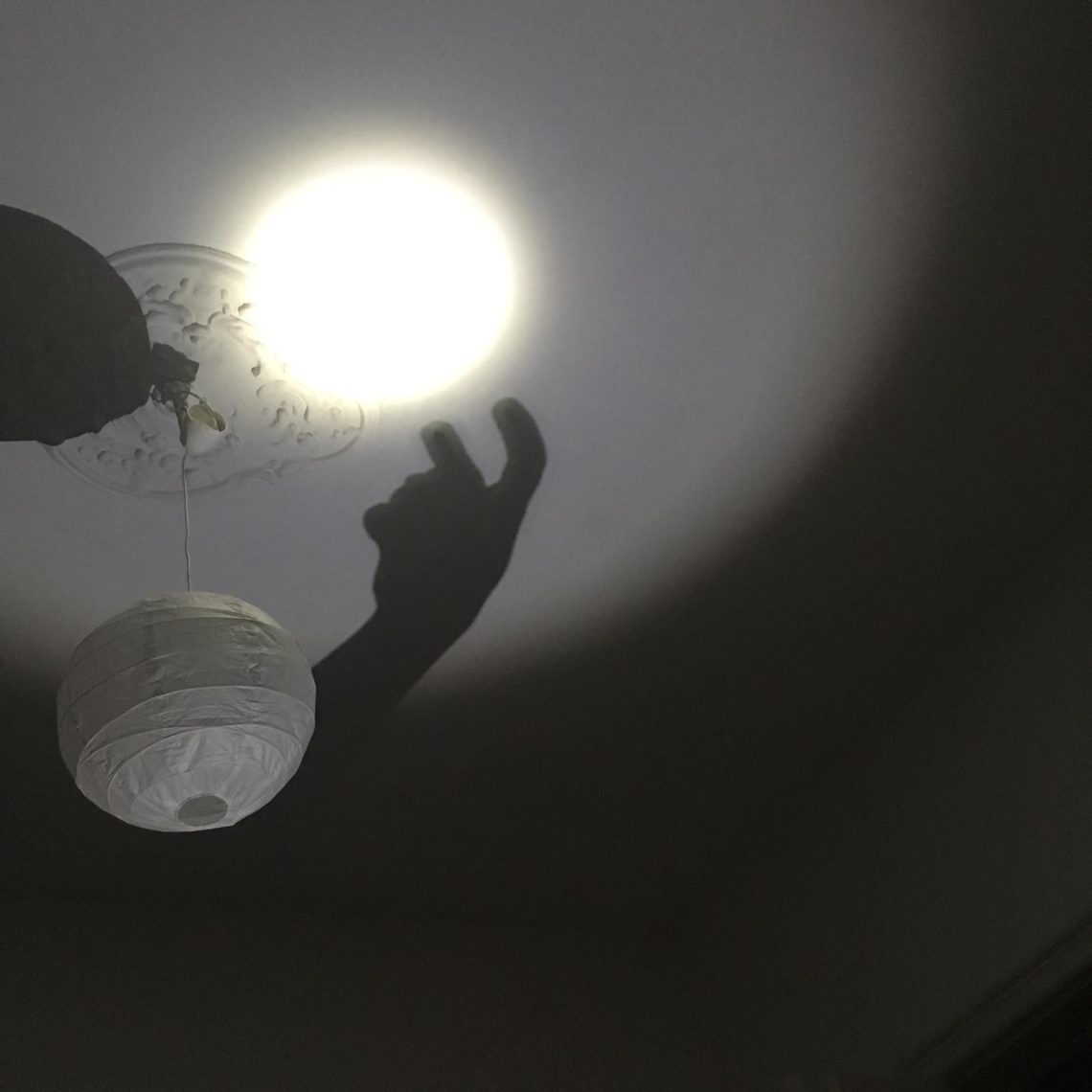A thread came up on Twitter about understanding personal finance for kids who grew up in poor families. The fundamentals essentially. I did not grow up in a poor family (at all) but I did grow up in a family where money wasn’t discussed or particularly well understood. My father I think had a pretty negative and stressful relationship with money for a large part of his life, particularly with taxes. My mother was shrewder. So I have sought to understand these things a bit better myself and at the very least have an active relationship with them. My goal is to make money something I have agency over and take actions and make decisions about, and not something which happens to me in a stressful way. I am absolutely not a financial expert at all (at all!) but can share a few key ideas I’ve learned as starting points for your own research. I find that teaching something not too long after you yourself were a beginner can be very effective (it’s basically what I do at my job). So I’ll fire off a few rapid, short, stubby thoughts and then you can use those as a starting point to learn more. Importantly, I am not rich, retired or even in particularly great financial shape, but I have done some reading and have an understanding of the basics and a plan which I feel good about.
0) If you have debt, get out of it as fast as you can. Easier said than done I know. I like Dave Ramsey’s baby-steps or ‘debt snowball’ approach which is all about getting motivation and momentum to pay off any debts you have before you can start saving and investing. Saving and investing does not make sense until you have cleared your debt. It’s worth noting that Dave Ramsey is an evangelical republican so I don’t endorse his politics, but his debt and money advice is good and his podcast show is entertaining and informative. I find it interesting to sometimes listen to people I don’t agree with, I know not everyone is like this so YMMV.
1) Investing and money is understandable, and not that complicated. There is a big vested interest in making you think that money is complicated and that you need super smart people to basically handle it for you. This is, predictably, not in your best interest.
2) To this end, you should have LESS people working on your money, but not necessarily zero.
3) Having a good accountant who understands your basic finances is very good and usually can be deducted from your taxes (in the US). This means it’s basically free. If you have access to the few hundred dollars needed to pay for this, it will almost definitely make you a good chunk of your income back via a refund.
4) DO NOT USE FINANCIAL ADVISORS. This is maybe surprising, but important. Just like doctors sometimes get bribed to sell you medicines, most financial advisors actually make money by actively doing stuff with your money that is not needed, selling you things you don’t need, and so on. If you must have a financial advisor, get someone who is what’s called a ‘fiduciary’. They take a fee, not a percentage and don’t sell you financial products.
5) DO use index funds. Index funds basically are a random sample platter of the stock market. Instead of trying to pick winners and losers, they get a little bit of everything. The whole market goes up, you make money. Historically, the whole market has been going up for about 100 years. Unless we see an apocalypse (which I think is totally possible, but still) this is a good bet. It is a good bet based on the last 100 years anyway.
6) DO use robo-advisors. These are things like Vanguard and Wealthfront. It’s basically an automated system that sticks your money into index funds for you and just lets it sit there while doing some minor tax-harvesting and balancing automatically. The most important aspect of these is LOW FEES. They do not need to pay a person to do lots of useless expensive stuff with your money, so they don’t. It just sits there and slowly increases in value, which is what you want. The low fees part is the most important aspect of this. Also it’s SUPER EASY.
7) Understand the concept of Compound Interest. This is a mathematical principle which basically means, if you put your money in something which earns interest, and don’t touch it, you will earn interest on the interest. At the beginning this process is slow, but later it goes faster and faster, like a snowball. By the time it’s time to retire, you can have turned a small amount into a lot (like, really a super lot if you start early and go steadily).
8) Start as early as you can. Because of compounding, time is actually more important than the amount you save. It’s weird but true. So try to get this started soon, even if it’s very small amounts initially. It also feels good to get started and have a plan in place.
9) Finally, don’t stress about being perfect or getting it exactly right. The basic idea is just: save some money and put it somewhere will it will grow bigger. Doing a little is better than nothing and time is your friend if you start early. If you haven’t started early, start now.
For some books on this stuff I like Your Money Or Your Life, Early Retirement Extreme and Money: Master The Game. Different books will appeal to different people of course, so your mileage may vary.
And finally, I am aware that for the amount that I write about the need to collapse capitalism that this may feel a little schizophrenic. But I also believe that understanding money and basic financial literacy in the context of the current system should not be the exclusive property of social reactionaries and robber barons. But I recognize it’s a bit of a weird mix. I think it’s important to embrace these contradictions and be open about all the stuff I’m thinking about. This is definitely part of it! As one of my favorite writers Zahira Kelly often says “There is no ethical consumption under capitalism.” And capitalism is the environment we exist in, so we all need to survive until the advent of fully automated luxury space communism.










